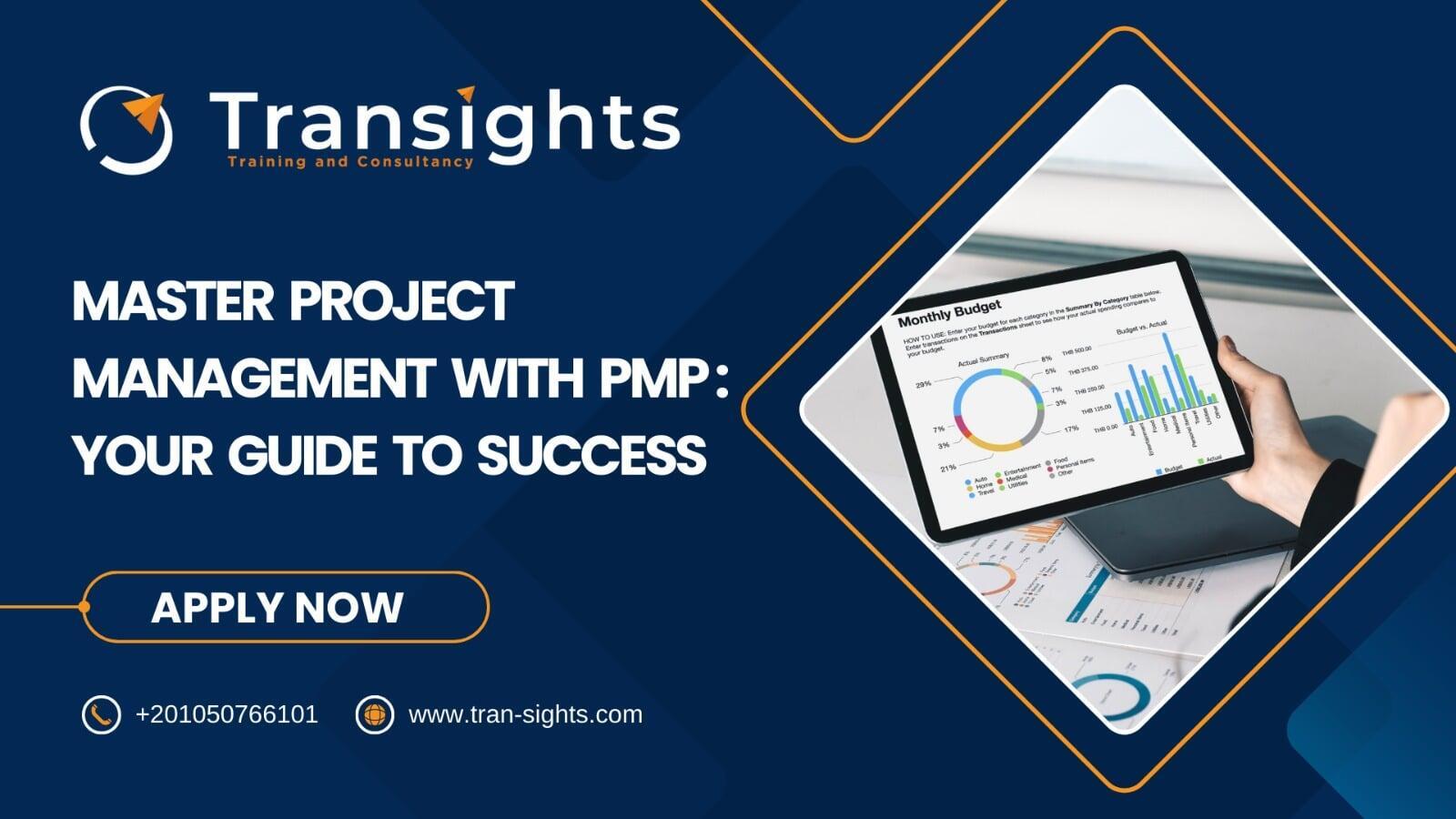
In today’s fast-paced business world, project management is a critical skill that ensures efficiency, productivity, and successful execution of tasks. The Project Management Professional (PMP) certification is a globally recognized credential that validates your expertise in project management, making you stand out in the competitive job market.
In this article, we will explore the fundamentals of project management, the benefits of PMP certification, and the importance of risk management in project execution.
Introduction to Project Management
Project management is the process of planning, executing, monitoring, and closing a project to achieve specific objectives within a given timeframe and budget. It involves various methodologies, frameworks, and best practices to ensure project success.
Key aspects of project management include:
✔ Project Planning – Defining project scope, setting objectives, and establishing timelines.
✔ Resource Management – Allocating the right resources to ensure efficiency.
✔ Team Coordination – Managing communication and collaboration among team members.
✔ Performance Monitoring – Tracking progress, identifying risks, and making adjustments as needed.
Effective project management helps organizations complete projects on time, within scope, and within budget, ensuring higher customer satisfaction and business growth.
PMP Certification: Your Key to Career Growth
The PMP certification, offered by the Project Management Institute (PMI), is one of the most sought-after credentials for project managers worldwide. It validates your knowledge, experience, and ability to lead projects successfully.
Benefits of PMP Certification:
✅ Global Recognition – PMP is recognized across industries and enhances your credibility as a project manager.
✅ Career Advancement – PMP-certified professionals have a higher earning potential and better job prospects.
✅ Enhanced Skills – Gain in-depth knowledge of project management methodologies, including Agile, Scrum, and Waterfall.
✅ Better Project Execution – PMP-certified managers are trained to handle complex projects efficiently.
To earn the PMP certification, candidates must meet specific experience requirements and pass the PMP exam, which covers project management concepts, methodologies, and best practices.
Risk Management in Project Management
Risk management is a crucial component of successful project execution. Every project comes with uncertainties that can impact its progress and outcome. Risk management involves identifying, analyzing, and mitigating potential risks to minimize negative effects.
Key Steps in Risk Management:
✔ Risk Identification – Recognizing potential threats and uncertainties that could affect project success.
✔ Risk Assessment – Evaluating the likelihood and impact of each identified risk.
✔ Risk Mitigation Strategies – Developing proactive solutions to reduce or eliminate risks.
✔ Continuous Monitoring – Regularly reviewing risks throughout the project lifecycle to adapt strategies accordingly.
By integrating risk management into project planning, organizations can improve decision-making, reduce project failures, and enhance overall efficiency.
Conclusion
Project management is a vital skill in today’s business environment, and obtaining a PMP certification can significantly boost your career prospects. Understanding risk management further strengthens your ability to handle complex projects successfully.
If you’re looking to develop your project management expertise and gain a competitive edge, consider joining our FREE PMP Webinar to learn from industry experts and take the first step toward PMP certification!
📌 Register now and advance your career in project management!

